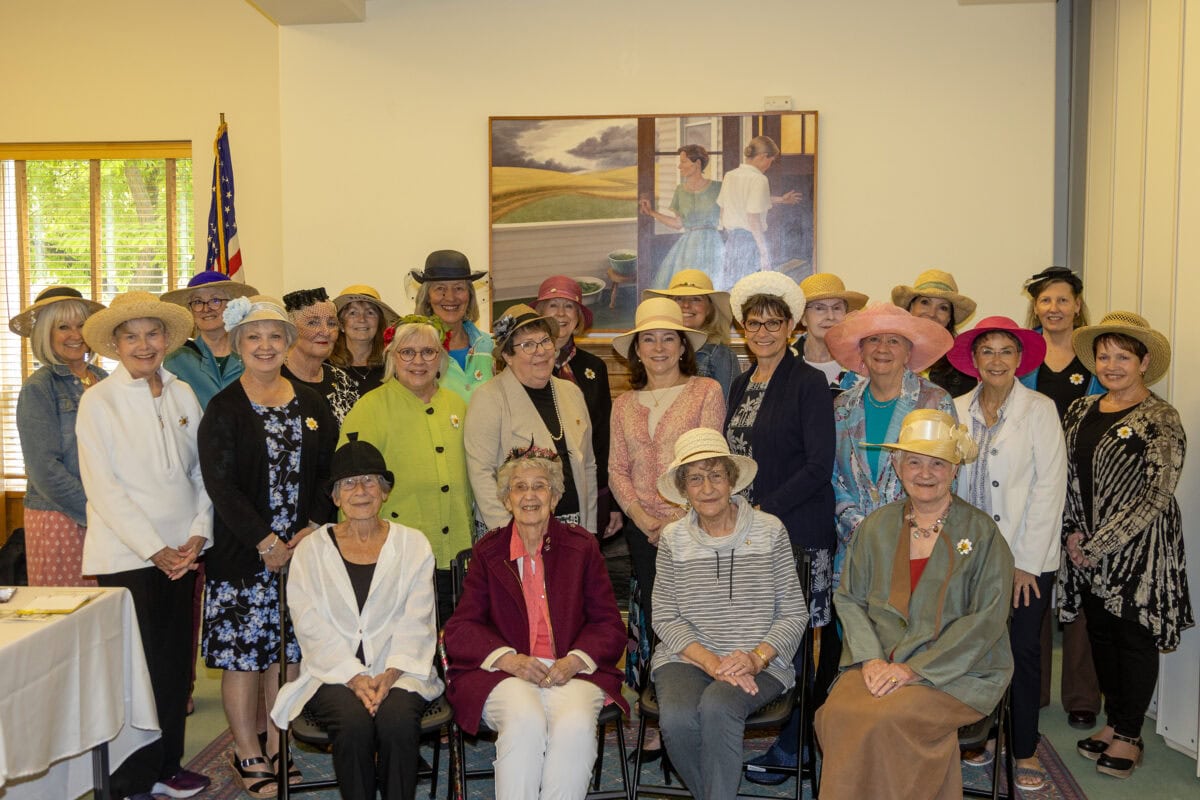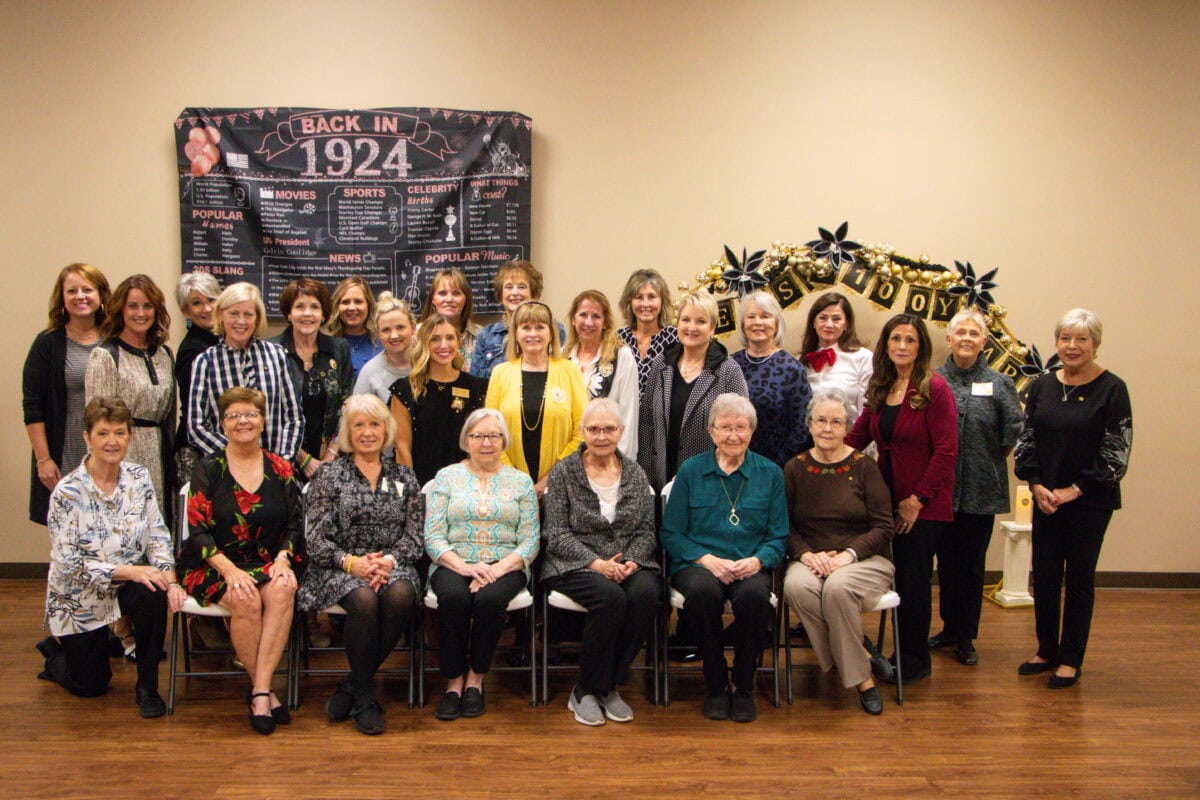To be included on the Authors page, your book must have been published within the last year. Send the author’s name; their chapter letter(s), city, state/province/district; the title of the book; a brief, objective synopsis of the book and a photo of the cover of the book or of the author to: editor@peodsm.org Authors are published in the order in which they are received and new authors are added in conjunction with the release of new issues of The Record.
 Diana Koppen, KF, Spencer, Iowa, and Pam Doocy-Curry co-wrote a memoir, “Crossing the Threshold: A Love Story Unparalleled,” This is a collection of narratives shared during Diana and Pam‘s human library sessions with their parents throughout their lives and especially during their parents’ final years. “Heart-wrenching yet beautiful was telling one’s best friend that it was okay to let go and take God’s hands as her job on earth was complete– yet at the same moment desperately and selfishly praying for one more minute, one more conversation, one more hug.”
Diana Koppen, KF, Spencer, Iowa, and Pam Doocy-Curry co-wrote a memoir, “Crossing the Threshold: A Love Story Unparalleled,” This is a collection of narratives shared during Diana and Pam‘s human library sessions with their parents throughout their lives and especially during their parents’ final years. “Heart-wrenching yet beautiful was telling one’s best friend that it was okay to let go and take God’s hands as her job on earth was complete– yet at the same moment desperately and selfishly praying for one more minute, one more conversation, one more hug.”
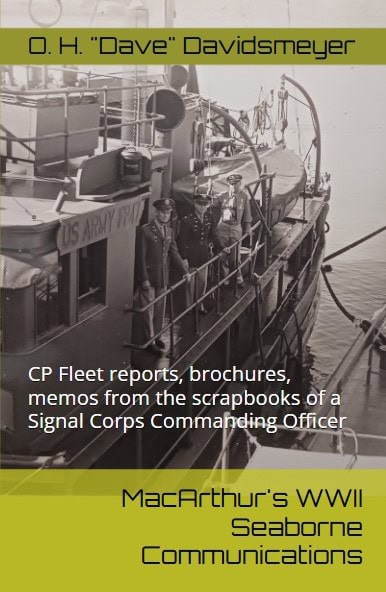 Jo Davidsmeyer, F, Sarasota, Florida, and her husband, O.H. “Dave” Davidsmeyer co-wrote “MacArthur’s WWII Seaborne Communications.” A granddaughter’s tribute to her grandfather, a decorated WWII Colonel who served on General Douglas MacArthur’s staff in WWII. In charge of communications in the Southwest Pacific, Col. O. H. Davidsmeyer helped engineer a revolutionary communication system that spanned thousands of miles over land and sea and could quickly move with the advancing army. The solution involved ships, army ships that served as floating radio platforms. This seaborne communications maintained critical lines of contact under fire in even the most remote war zones.
Jo Davidsmeyer, F, Sarasota, Florida, and her husband, O.H. “Dave” Davidsmeyer co-wrote “MacArthur’s WWII Seaborne Communications.” A granddaughter’s tribute to her grandfather, a decorated WWII Colonel who served on General Douglas MacArthur’s staff in WWII. In charge of communications in the Southwest Pacific, Col. O. H. Davidsmeyer helped engineer a revolutionary communication system that spanned thousands of miles over land and sea and could quickly move with the advancing army. The solution involved ships, army ships that served as floating radio platforms. This seaborne communications maintained critical lines of contact under fire in even the most remote war zones.
From bits and pieces of his wartime scrapbooks, his granddaughter Jo Davidsmeyer (a third-generation P.E.O.) has lovingly assembled this book, revealing fragments of a remarkable life and a pivotal piece of history, capturing the ingenuity, determination, and heroism of the U.S. Army Signal Corps as they forged a new path in wartime communication. These primary source documents offer rich material for WWII researchers and enthusiasts alike.
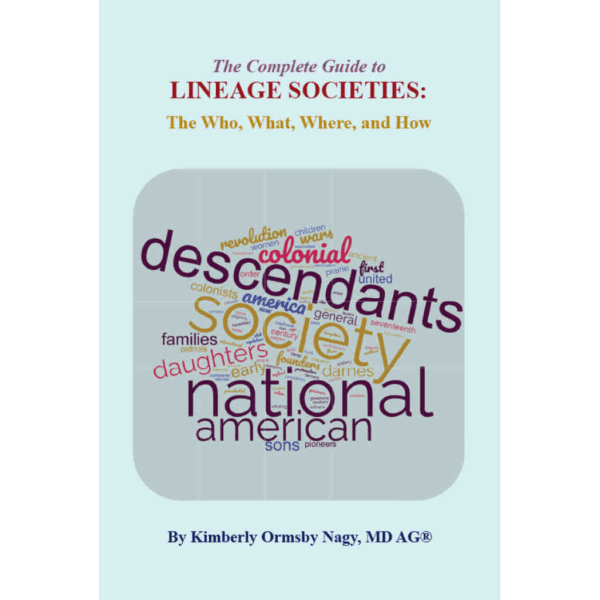
Kimberly Ormsby Nagy, LQ, Downers Grove, Illinois, wrote “The Complete Guide to Lineage Socieites: The Who, What, Where, and How.”An A to Z guide to lineage societies. Kimberly begins with a description of what they have in common, what they aim to do, how to find the right society for yourself, and the various eligibility requirements. The next part of the book explains what’s involved in becoming a member. This entails a detailed treatment of the application process, including how and where to go about assembling the genealogical evidence for membership. Rounding out the volume are examples of the social, cultural, and patriotic activities undertaken by lineage societies.
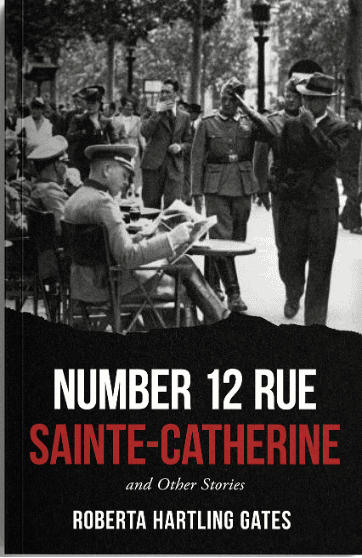 Roberta Hartling Gates, CH, Riverside, Illinois, wrote “Number 12 Rue Sainte-Catherine and other Stories.” This collection of nine linked short stories traces the life of Gestapo chief Klaus Barbie, presenting him in a variety of guises, from that of a vulnerable young boy, to a preening young man on the make, to an enfeebled septuagenarian forced to confront his crimes forty years after the fact.
Roberta Hartling Gates, CH, Riverside, Illinois, wrote “Number 12 Rue Sainte-Catherine and other Stories.” This collection of nine linked short stories traces the life of Gestapo chief Klaus Barbie, presenting him in a variety of guises, from that of a vulnerable young boy, to a preening young man on the make, to an enfeebled septuagenarian forced to confront his crimes forty years after the fact.
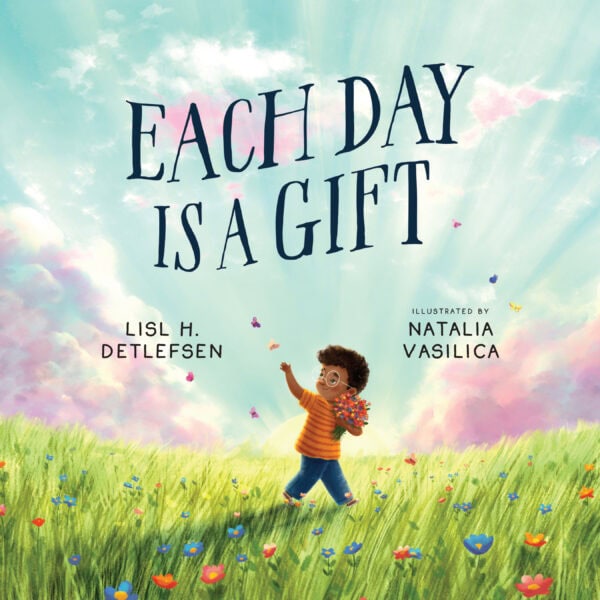
Lisl Detlefsen, O, Wisconsin Rapids, Wisconsin, wrote “Each Day is a Gift,”a beautiful-illustrated present of a book that encourages gratitude for children.
When we receive “a brand-new bike kind of gift” or “a trip-to-the-amusement-park kind of gift,” it’s easy to be grateful. But when we encounter an “extremely un-asked-for” gift, it can be harder to appreciate what matters. Full of wisdom and affirmations, this thoughtful picture book shows the beauty in everyday living. Give this great children’s book as a gift for a new baby, for elementary graduation, high school graduation, or as a birthday gift book for someone special in your life.
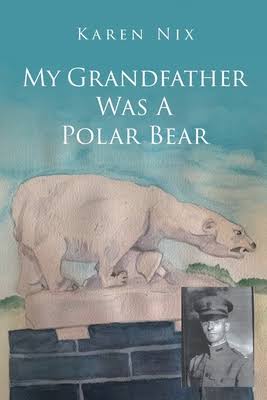 Karen Nix, AJ, Linburn, Georgia, wrote “My Grandfather was a Polar Bear,” about Karn’es grandfather Nines Simmons. Niles was born and raised in Kindred, North Dakota. He worked on the farm, attended school in a one-room schoolhouse, graduated from the University of Minnesota with a dental degree, and practiced dentistry in Harvey, North Dakota. He was involved in helping the community in various ways and was elected mayor. When the call to duty came to help out in World War I, Nines passed the requirements and volunteered to be sent overseas. He was commissioned as a first lieutenant and was placed on the team of the first dentists who had ever served in a war. While serving in France, President Wilson sent a group of 5,000 men to Russia. They became known as the Polar Bears. They ended up involved in the Russian war, and nobody understood why. The soldiers fought throughout the long 60-degree-below cold winter. They wondered what they were doing there. After the armistice, the ports were frozen. The ships couldn’t enter to bring them home, which caused them to stay almost another year.
Karen Nix, AJ, Linburn, Georgia, wrote “My Grandfather was a Polar Bear,” about Karn’es grandfather Nines Simmons. Niles was born and raised in Kindred, North Dakota. He worked on the farm, attended school in a one-room schoolhouse, graduated from the University of Minnesota with a dental degree, and practiced dentistry in Harvey, North Dakota. He was involved in helping the community in various ways and was elected mayor. When the call to duty came to help out in World War I, Nines passed the requirements and volunteered to be sent overseas. He was commissioned as a first lieutenant and was placed on the team of the first dentists who had ever served in a war. While serving in France, President Wilson sent a group of 5,000 men to Russia. They became known as the Polar Bears. They ended up involved in the Russian war, and nobody understood why. The soldiers fought throughout the long 60-degree-below cold winter. They wondered what they were doing there. After the armistice, the ports were frozen. The ships couldn’t enter to bring them home, which caused them to stay almost another year.
This story follows his diary and is told by letters written between himself and his wife, Nana, his friends, and relatives. His role as a dentist included taking care of dental patients and traveling with the troops to battle, administering aid to the many soldiers who were injured fighting on the battlefield and in the trenches. The medical group was the final lifeline for the injured soldiers during the many battles. They worked in sixty-degrees-below-zero weather to save many lives so they would heal and could go home to their families. The story follows his move to Grand Forks, North Dakota, where he was a well-known dentist and philanthropist. People still remember him there.
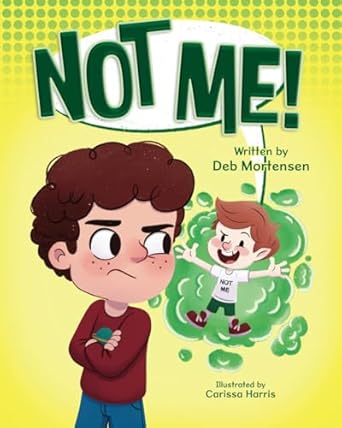 Deb Mortensen, , NM, Storm Lake, Iowa, wrote “Not Me!” Joshua is excited for his first day at B.A. Friend Elementary School. But from the minute school starts to the sound of the last bell, Joshua makes a LOT of mistakes. Joshua wants to fess up, but there’s a little ‘pal’ on his shoulder who speaks up before he can say or do anything. Not Me thinks he is helping Joshua, but Joshua knows better…or does he?
Deb Mortensen, , NM, Storm Lake, Iowa, wrote “Not Me!” Joshua is excited for his first day at B.A. Friend Elementary School. But from the minute school starts to the sound of the last bell, Joshua makes a LOT of mistakes. Joshua wants to fess up, but there’s a little ‘pal’ on his shoulder who speaks up before he can say or do anything. Not Me thinks he is helping Joshua, but Joshua knows better…or does he?
How would you handle a character like Not Me? Will he come to visit you next?

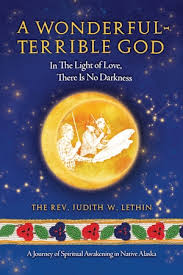
Article Info
Topic
Membership
Article Type
Bonus Web Content
Related Articles
P.E.O. Authors
To be included on the Authors page, your book must have been published within the…
Centennial Chapters
Chapter Q, Marinette, Wisconsin Organized: April 22, 1925 Celebrated: April 7, 2025 First row, from…
Centennial Chapters
Chapter AC, Groton, South Dakota Organized: December 1, 1924 Celebrated: December 9, 2024 First row,…



